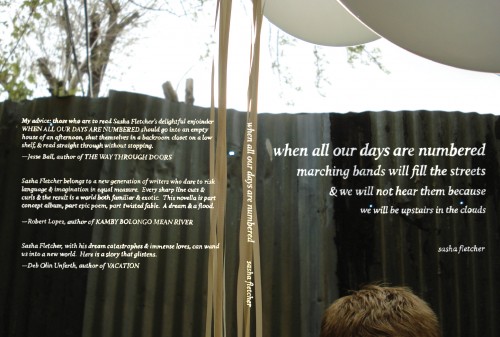
Because I’m doing a presentation today on Horace’s “Ars Poetica” I’ve been reading various other versions of the poem about poetry. Horace, of course, being that dastardly villain who has filled countless heads with the tedious idea that literature should not just delight but also educate, who reached back to Aristotle and pulled those cumbersome ideas about unity, clarity, decorum, and morality up through the ages for people like Sidney, Pope, and Sartre to latch onto and pass along. Horace, who opens his version of the “Ars Poetica” (circa 30-10 BCE) with a preemptive attack on Surrealism:
Suppose a painter to a human head
Should join a horse’s neck, and wildly spread
The various plumage of the feathered kind
O’er limbs of different beasts, absurdly joined;
Or if he gave to view a beauteous maid
Above the waist with every charm arrayed,
Should a foul fish her lower parts infold,
Would you not laugh such pictures to behold?
Such is the book, that like a sick man’s dreams,
Varies all shapes, and mixes all extremes.
Horace, who liked his shapes and extremes clearly separated.
Anyway, I thought I’d share a few of the other Ars Poeticas I’ve come across. It’s an interesting form that allows for a wide range of approaches.
READ MORE >










